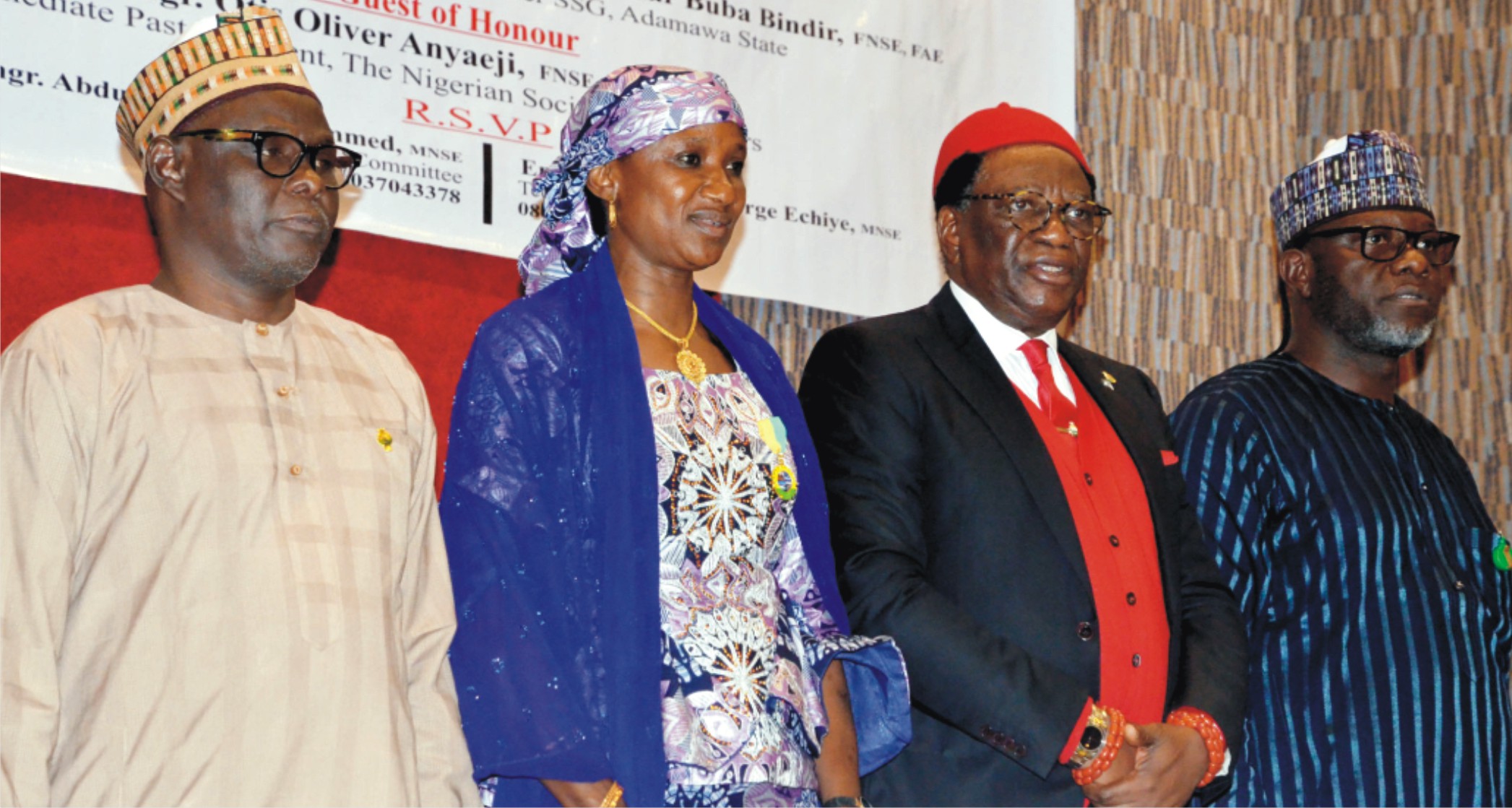Business
Nigeria Has Really Favoured Lebanese Firms, Investors -Group

The Lebanese Nigeria Initiatives (LNI) in Nigeria yesterday said that the country had over the past decades been a nation of blessings to Lebanese companies and investors.
LNI’s Secretary, Mr Ali Safiyyedine, made the disclosure in Lagos at a news conference to announce the organisation’s launch of its first Scholarships and Endowment Fund for young Nigerians.
Safiyyedine said that the organisation had opened an endowment fund in American University of Beirut for young Nigerians as a way of giving back to Nigeria.
“We would forever be grateful to Nigeria for what she had over these years done for us Lebanese.
“And as a way of giving back to this great country, we at LNI have decided to open an endowment fund for young Nigerians in American University of Beirut that will continue even after we are gone.
“So, we have after many interviews and tests, selected the first Nigerian, Mr Olubando Ajibola, as the distinguished young man embarking on this journey for his MBA in the American University of Beirut,” he said.
Safiyyedine said that the organisation came up with the initiative to enable Nigerians study in the university for their Post Graduate degree and come back to contribute to the development of their country.
The Consul General of Lebanon in Lagos, Mr Elias Nicolas, said that the gesture was a further demonstration of the Lebanese interest in the development of Nigerians.
According to him, the Lebanese community are always delighted in contributing to Nigeria’s economic and social development.
“We are very pleased to launch the LNI scholarship and endowment fund for Nigerians today. This will further strengthen our long existing friendly relations in the years ahead.
“The Lebanese community has always conceived itself as part of the social fabric of its host country, and this fund is another sign of its commitment to the educational upliftment of young Nigerians.
“I warmly congratulate the huge effort of LNI’s Chairman, Mr Faisal El-khalil and members of the board of trustees for this laudable initiative.
“Let me also congratulate Olubando Ajibola as the first Nigerian selected for this scholarship programme. We hope you will be an ambassador for promoting our two countries values and interest during your study,” he said.
Mr Olubando Ajibola, a graduate of Petroleum and Gas Engineering from the University of Lagos, commended LNI and its board of trustees for selecting him as the first Nigerian beneficiary of the fund.
Ajibola said he would focus his MBA study on data collection analysis that would help enhance business development in Nigeria in the future.
Business
KALCCIMA PROMISES KALABARI ECONOMIC GROWTH, INAUGURATES NEW EXECUTIVES

Business
NCDMB Begins Nigerian Content Research, Innovation and Technology Challenge

Business
Ikuru Town Issues Start-Up Grants, Packs To Skill Acquisition Graduands


